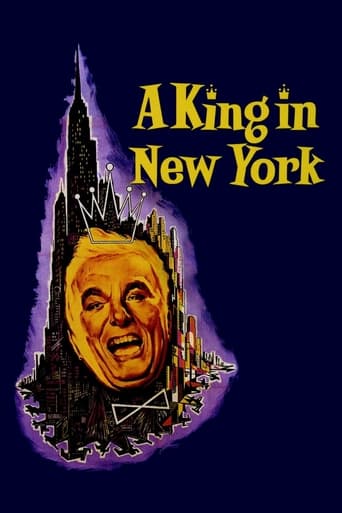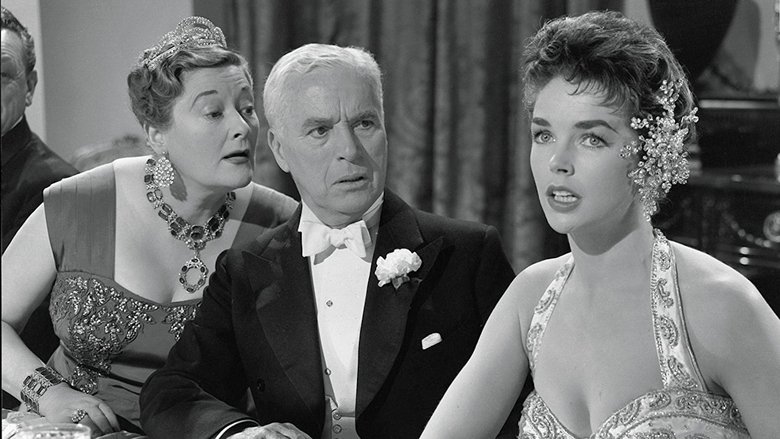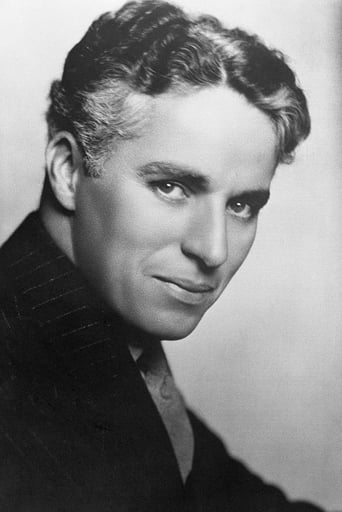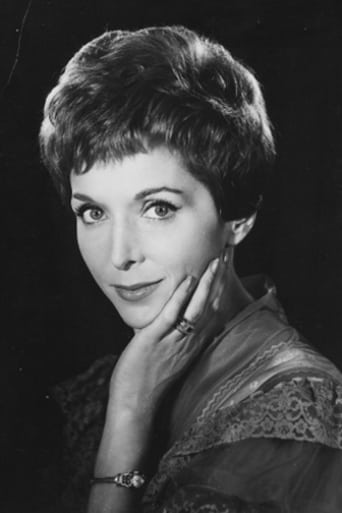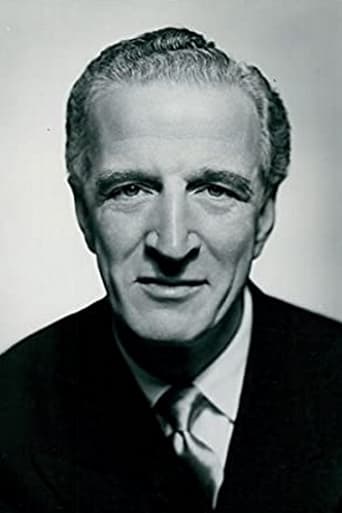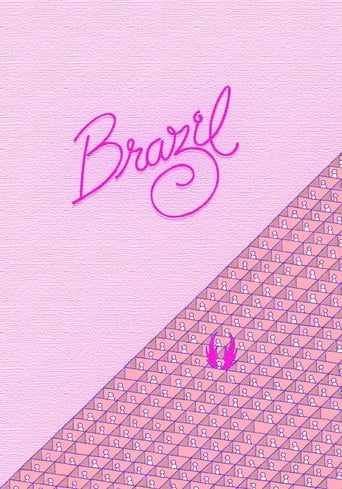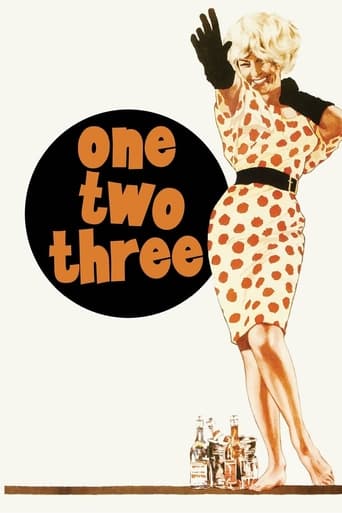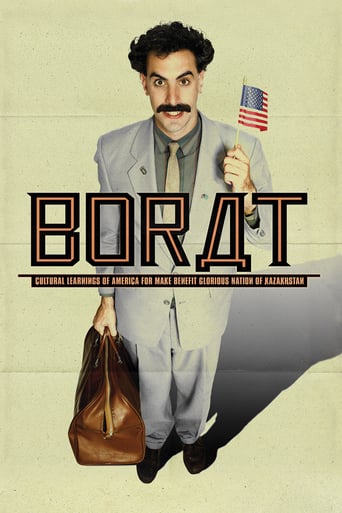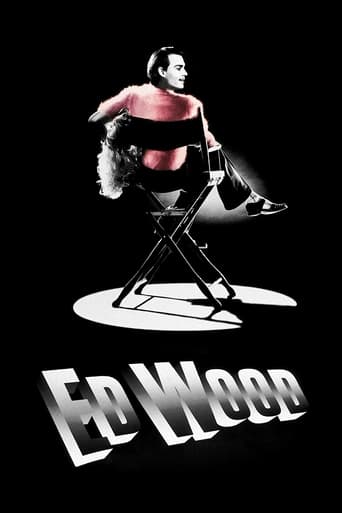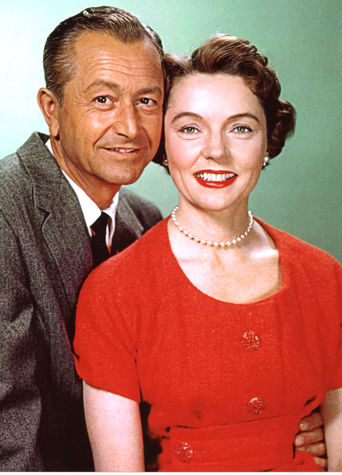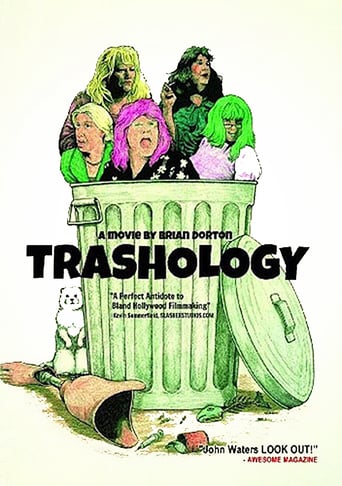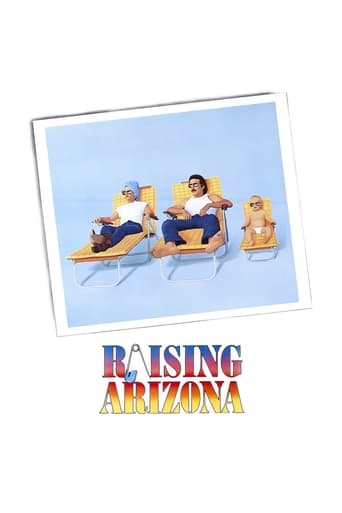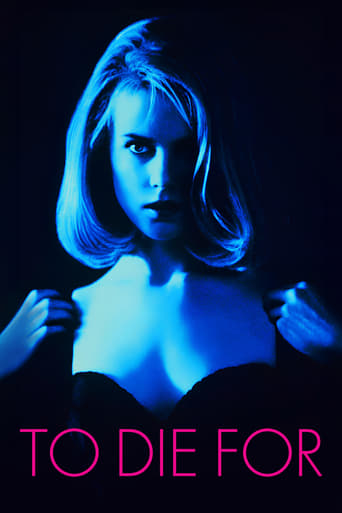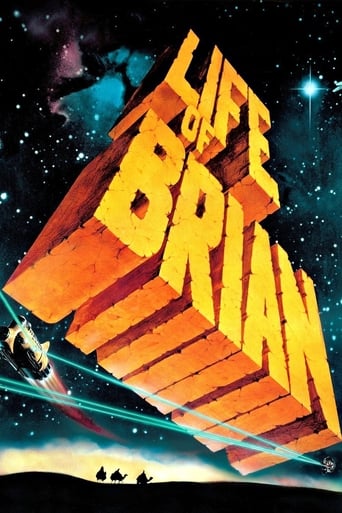A King in New York (1957)
A recently-deposed "Estrovian" monarch seeks shelter in New York City, where he becomes an accidental television celebrity. Later, he's wrongly accused of being a Communist and gets caught up in subsequent HUAC hearings.
Watch Trailer
Free Trial Channels
Cast


Similar titles
Reviews
Beautiful, moving film.
Entertaining from beginning to end, it maintains the spirit of the franchise while establishing it's own seal with a fun cast
There's no way I can possibly love it entirely but I just think its ridiculously bad, but enjoyable at the same time.
It is encouraging that the film ends so strongly.Otherwise, it wouldn't have been a particularly memorable film
This is a brief review of Charlie Chaplin's last six feature films.A comical take on Lang's "Metropolis" (1927), Chaplin's "Modern Times" opens with the words "a story of industry and individual enterprise, humanity crusading in the pursuit of happiness!", an ironic jab at the mantras of industrial capitalism. The film then finds Chaplin reprising his iconic role as "the tamp", a poverty-stricken but lovable outcast whose ill-fitting clothes epitomise, amongst other things, his inability to fit in.The film watches as the tramp struggles to survive in a depressed economy. Like "Metropolis", it satirises labour, management and dehumanising working conditions. Elsewhere life for the worker is seen to be precarious, alternatives to playing the game are but death or prison, giant clocks speak to the daily grid of blue-collar workers, bosses are shown to be obsessed with speed and production, the property class relies on police brutality and all-encompassing surveillance, and the workplace itself is painted as an absurdest torture chamber. The film ends with the tramp on a road, America's future uncertain."Modern Times" made waves when it was released. It was banned in fascist Germany and Italy, then allies of the West, and scorned by those in power in the United States. It was also heavily praised in the Soviet Union and France, particularly by philosophers Jean-Paul Sartre, Simone de Beauvoir and Maurice Merlau-Pony. The film's middle section, which featured Chaplin waving a red flag and unwittingly leading communists and worker unions, would get Chaplin on several government watch-lists.Chaplin followed "Times" with "The Great Dictator". Hollywood studios wanted the film scuttled, so Chaplin financed it himself. It contains two criss-crossing plots, one about a Jewish barber who is essentially persecuted by Nazis, the other about a brutal dictator, a stand in for Adolf Hitler. Funny, scary and sad, the film would rock the US establishment. Hitler was, at the time, a US ally and good for business. What's more, he was viewed by those in power as a tool to destroy communist Russia. For many, Chaplin was a "subverisive" who was "inciting war with an ally". Deemed particularly offencive was a last act speech in which Chaplin urges the people of the world to "love one another", "throw away international barriers" and foster an "international brotherhood". Though deliberately vague, this speech was viewed as inflammatory. Was Chaplin extolling the virtues of the United States or the Soviet Union? Regardless, the US' approach to the conflicts in Europe promptly shifted. It became an ally with Russia, Hitler became the enemy and Germany attacked Russia. In the blink of an eye, "Dictator" went from being sacrilege to prophetic.Chaplin, British, was born into extreme poverty and often found himself sleeping on the streets of London. As such, he identified with his "tramp" character completely, as did millions word-wide, who saw themselves in the tramp: desolate, poor and forever bumbling down life's highways. Prior to shooting "Times", Chaplin would embark on a tour of the world, intent on seeing the effects of poverty. He'd talk to many prominent figures, most notably Churchill, George Bernard Shaw, Einstein and Gandhi.As Chaplin grew in consciousness, so would FBI files on Chaplin. He was put under government surveillance and forced to appear before a Senate subcommittee in 1941 where he was accused of being "anti American" and an "unofficial communist". Many newspapers, including the Times, began a campaign attacking Chaplin, and called for his deportation. In the mid 1940s he was charged with the Mann Act and the FBI would collude with newspapers to smear Chaplin as a sex maniac who "perverted American culture". From here on, conservative political pressure groups would attack each new Chaplin release. Some of his films would be boycotted or outright banned. In 1947 he'd be brought before the HUAC committee.Chaplin followed "Dictator" up with "Monsieur Verdoux". A black comedy, the idea for which came from Orson Welles, the films stars Chaplin as a bank clerk who loses his job and so murders women for cash and land. The film's point is explicit: if war is an extension of diplomacy, then murder is the logical extension of business. And so banking terminology is used to rationalise murder, weapons manufactures are idolised and the poor are condemned for trying to play by the rules of the wealthy. "Numbers sanctify!" Chaplain says, pointing to Hiroshima, Nagasaki and the ruthlessness of post-war capitalism; kill millions and you're a hero.Next came "Limelight", Chaplin's ode to silent film. Elegiac and autobiographical, the film stars Chaplin and the legendary Buster Keaton as two fading comedians. A meditation on time's passing, the film's also relentlessly optimistic; man must assert his will, his desires, no matter how glum the times! The film would be banned from several US theatres. Chaplin himself was swiftly banned from entering the US and several of his assets were seized. He'd live in Switzerland henceforth."A King In New York" followed. It finds Chaplin playing an usurped "dictator" who seeks refuge in America. Also autobiographical, the film pokes fun at various aspects of US culture, its irrational hatred of all things left-wing and the way in which humans are both always branding and refuse to look beyond the political, beyond superficial branding, to tolerate even the slightest bit of difference or dissent. Chaplin's son would play a hilarious anarcho-communist, but the film as whole messily mixed silent gags with sound comedy.Chaplin's "A Countess from Hong Kong" confirms that Chaplin's films were moving from the lower to the upper echelons of society. Here Sophia Loren plays a Russian "tramp" who is taken in by a wealthy politician (Marlon Brando). His worst feature, the film watches as "humane" capitalism benevolently absorbs the "detritus" of Russia and Asia. Chaplin accepted an honorary Oscar in 1972. He received the longest standing ovation in Oscar history.8/10
I watched a lot of early Charlie Chaplin films and can only say that like Red Skelton, to me they were neither funny nor what I would classify as great. For me, the ones from that era that were funny were Oliver & Hardy, or later on Abbot & Costello. I loved this film but watched without even knowing it was a Charlie Chaplin movie when I first saw it. As proof that Charlie was correct in his assessment of the American lunacies and a denunciation of McCarthyism is the fact that the movie wasn't released in the US until the 1970s and probably wasn't viewed except by only a few Americans until the 1980s. I think the reason some people don't like it is because they want the Charlie Chaplin of the old silent film era. I would say they are not even the same person. After being hounded out of the United States and being told he would not be allowed to return, how do you expect him to feel? He had to become an almost totally different person after that kind of experience. The penultimate moment of the film for me is when he is labeled as being a Royal Communist. That has to be the most absurdly funny statement I have heard for a long time. His answer in a Latin sounding phrase made it even more humorous. I rate it right up there with Abbot & Costello's "Who is on first, What is on second, I don't know is on third ..." The ensuing actions of what starts it all hinges on those moments. Is it really possible to have a Royal Communist? If you like Oliver & Hardy, Abbot & Costello, or the Marx brothers you will like this movie.
One of the inconveniences of the modern world is that kings are now subject to revolution; fortunately for King Shahdov he managed to flee his European kingdom with his wealth before his people could overcome him. He arrives in New York keen to re-establish himself and maintain his status as a monarch but it is not long before American life overtakes him and he feels the effect of television, advertising, plastic surgery and political witch-hunts.Although I was concerned what I would find, I felt I should check out some of Chaplin's final films. Wholly made in England after Chaplin after he left America and was refused re-entry, it will be of no surprise to find that this film is a rather barbed commentary on many aspects of American life but what will surprise many is just how blunt the majority of it is. Despite apparently taking nearly two years to write, the plot is essentially a series of scenarios that allow for various satires of the US and as such it is very broad and obvious. Many others have commented on the lack of laughs but I didn't really have a problem with this because a filmmaker is quite welcome to branch out and do something more than comedies if they so desire. However what I do have a problem with is the way that I was hammered with the points being made in a way that suggests I would not be smart enough to understand unless it was painted in massive letters.This is not to say that the film is without value because actually the points it makes are interesting enough to carry the film even if they are crudely made. Watching it from fifty years in the future it has an extra value in seeing the "problems" of American society being highlighted and comparing them with today the same in many areas with only the scale being different. Otherwise though it simply is not clever or subtle enough to stand up as anything more than an OK film. Where it should be biting and cutting like a sharp weapon it comes over like a lead-pipe of satire it is still interesting but it is hard to overlook that it is a very blunt tool.
For years I've read how controversial and second-rate this film is. I finally bought the MK2 DVD, and was amazed at how funny and intelligent Chaplin's movie really is. I can understand the controversial aspect - it's not very subtle although it's entirely correct - but second rate?? I also hear how supposedly 'shabby' the movie appears, due to a tight budget and shooting schedule, but I honestly don't see any of these flaws. In fact, "A King In New York" may be my favorite Chaplin picture. The only problem I have with the entire film is the comedians scene in the club. Every single person in attendance is laughing hysterically at two quite unfunny performers. It's actually so slow and stupidly surreal it takes away from the commentary that runs throughout the movie. Oh well, a minor quibble but, still. If you're avoiding "A King In New York" for any reason, go get it. You'll be very pleased with this classic.

